Uncategorized
-
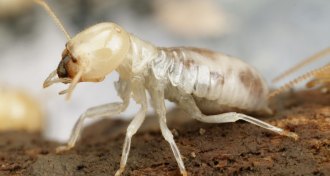 Animals
AnimalsIt’s official: Termites are just cockroaches with a fancy social life
On their latest master list of arthropods, U.S. entomologists have finally declared termites to be a kind of cockroach.
By Susan Milius -
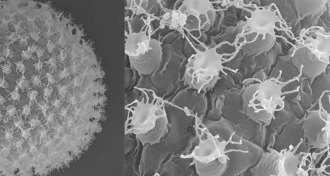 Animals
AnimalsA new species of tardigrade lays eggs covered with doodads and streamers
These elegant eggs hint that a tardigrade found in a Japanese parking lot is a new species.
By Susan Milius -
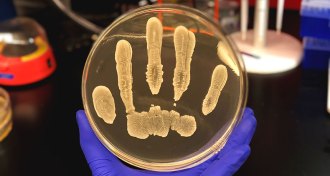 Health & Medicine
Health & MedicineHuman skin bacteria have cancer-fighting powers
Strains of a bacteria that live on human skin make a compound that suppressed tumor growth in mice.
-
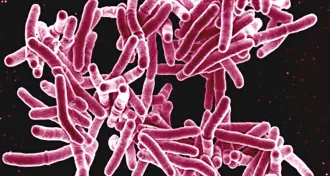 Microbes
MicrobesA new way to make bacteria glow could simplify TB screening
A new dye to stain tuberculosis bacteria in coughed-up mucus and saliva could expedite TB diagnoses and drug-resistance tests.
-
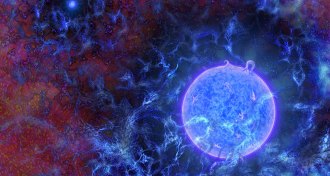 Cosmology
CosmologyHere’s when the universe’s first stars may have been born
The first stars lit the cosmos by 180 million years after the Big Bang, radio observations suggest.
-
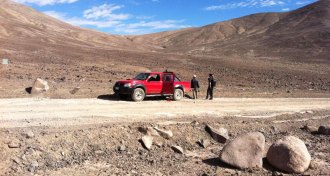 Life
LifeA rare rainstorm wakes undead microbes in Chile’s Atacama Desert
Microbial life in Chile’s Atacama Desert bursts into bloom when moisture is available.
-
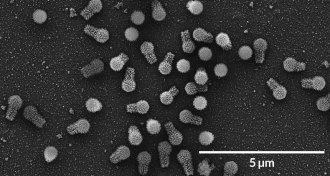 Life
LifeThese giant viruses have more protein-making gear than any known virus
Scientists have found two more giant viruses in extreme environments in Brazil.
By Dan Garisto -
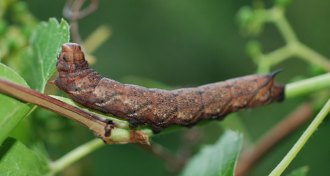 Animals
AnimalsThis scratchy hiss is the closest thing yet to caterpillar vocalization
A new way that caterpillars make noise may involve (tiny) teakettle‒style turbulence.
By Susan Milius -
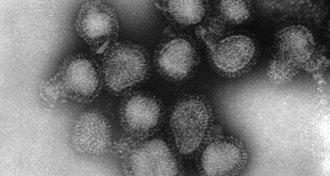 Neuroscience
NeuroscienceSome flu strains can make mice forgetful
Mice infected with influenza had memory problems a month later, a result that hints at a link between infections and brain performance.
-
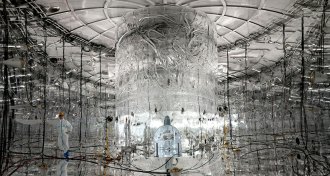 Particle Physics
Particle PhysicsThe quest to identify the nature of the neutrino’s alter ego is heating up
The search is on for a rare nuclear decay that could prove neutrinos are their own antiparticles and shed light on the universe’s antimatter mystery.
-
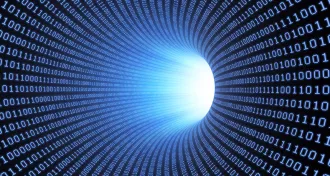 Quantum Physics
Quantum PhysicsTwo-way communication is possible with a single quantum particle
One photon can transmit information in two directions at once.
-
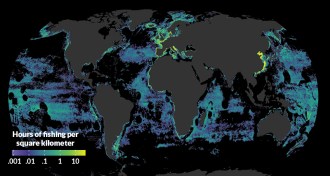 Earth
EarthNew mapping shows just how much fishing impacts the world’s seas
Industrial fishing now occurs across 55 percent of the world’s ocean area while only 34 percent of Earth’s land area is used for agriculture or grazing.